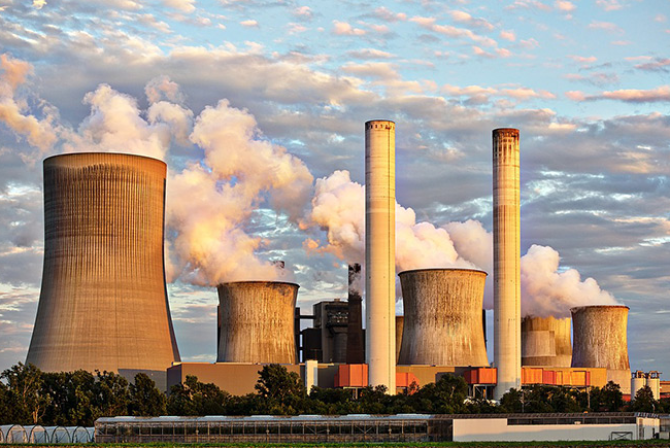The Australian government has been applauded over its decision to join a global partnership committed to stopping billions of dollars in foreign aid and loans being spent on fossil fuel expansion.
The decision has also prompted renewed calls for it to reconsider polluting subsidies at home.
Australia is known to have a long history of financing fossil fuel projects through its export credit agency, Export Finance Australia. Between 2009 and 2020 it spent $1.7bn on coal, oil and gas developments and just $20m on renewable energy, according to research by the Jubilee Australia Research Centre.
At the Cop28 climate summit currently going on in the United Arab Emirates, the Albanese government announced that it had joined 40 other countries in signing up to the clean energy transition partnership, an agreement first reached in Glasgow two years ago.
It aims to create new rules to end international financing of fossil fuels across the OECD, and commits signatories to phasing out their offshore support for coal, oil and gas within 12 months.
Read also: Finance Minister: Nigerian govt to boost revenue with loss, damage funds
The Albanese government had already indicated it would stop supporting fossil fuels overseas, but the announcement is seen as a formalisation of that commitment. The foreign affairs minister, Penny Wong, said it was a step in Australia aligning its position on international financing with Pacific countries.
Just before flying to Cop28 in the United Arab Emirates on Wednesday, the climate change and energy minister, Chris Bowen, via a statement, said that it showed Australia was “finally being taken seriously as a constructive international trading partner and investor determined to take meaningful action on climate change”.
Activists praised the commitment and said more should follow. James Sherley, climate justice campaigner at the Jubilee Australia Research Centre, said the government had taken a “long overdue step”.
“We welcome this announcement as potentially a first step on the road to phasing out fossil fuels,” he said. “To deliver on its promise will require strong implementation, which we will be watching closely.”
Greenpeace Australia Pacific’s head of advocacy, Susie Byers, said it was a “massive step forward”.
“It sends a strong signal that the Australian government is serious about rebuilding its reputation on the global stage and is ready to step up to show what true climate leadership in our region can look like,” she said.
Story was adapted from the Guardian.
